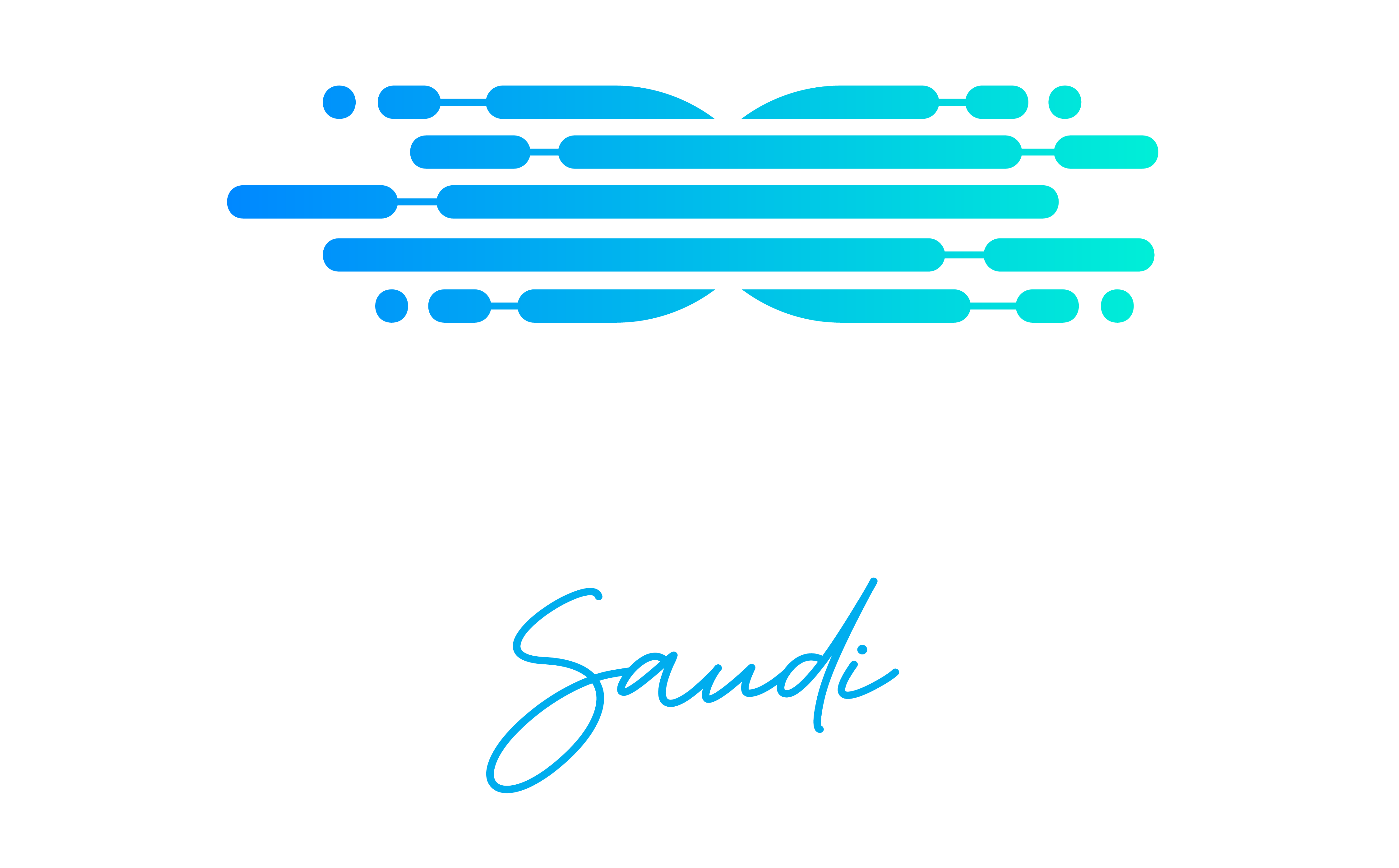Why Saudi Arabia Is Becoming a Hub for Industrial Startups?
)
Saudi Arabia is rewriting its industrial playbook. As part of Vision 2030, the Kingdom is accelerating efforts to shift from oil dependence to an innovation-driven economy, and industrial startups are leading the charge. With strategic support and investor optimism, the startup scene is no longer just evolving; it’s surging.
A Landscape Primed for Change
Rising global interest, local support systems, and forward-thinking policy reforms are creating fertile ground for startups across advanced manufacturing, green technology, and mining. In 2021 alone, Saudi Arabia’s startup ecosystem raised $548 million—a 270% increase from the previous year (SME Finance Forum). This momentum highlights a growing appetite for innovation, cross-border collaboration, and entrepreneurship as an engine of economic diversification.
The rise of industrial startups is more than a short-term trend. It reflects deeper structural shifts: the embrace of digital manufacturing, the need for cleaner technologies, and the push to localise supply chains. For founders, investors, and ecosystem builders, this is a window of opportunity.
What’s Fueling Industrial Startup Momentum?
Vision 2030 in Action
With Vision 2030 as its anchor, Saudi Arabia is nurturing a diversified economy. Organisations like Monshaat and the Saudi Venture Capital Company (SVC) offer a backbone of funding, mentorship, and policy support. They simplify licensing, streamline access to capital, and facilitate training, laying the groundwork for innovation.
Vision 2030 is more than a policy document. It’s a national movement driving growth across sectors. By focusing on industries like logistics, energy, manufacturing, and tech, the government is opening new doors for startup founders.
Cost-Effective Energy and Industrial Backbone
Energy-intensive sectors find Saudi Arabia particularly appealing. Incentive programmes cover up to 35% of project costs, capped at SAR 50 million (Arab News). When combined with a growing number of industrial clusters and advanced logistics infrastructure, these incentives reduce entry costs and accelerate scale.
Whether in petrochemicals, precision tools, or mobility systems, industrial startups can find cost-effective platforms to build their ideas.
Gateway to Global Markets
Saudi Arabia’s strategic location connects Asia, Europe, and Africa, offering startups access to over 450 million consumers (Saudi Helpline Group). Modern ports, improved trade rules, and specialised free zones make global supply chain integration seamless.
International investors are paying attention. Saudi Arabia is not just a regional hub; it’s positioning itself as a global node in industrial innovation.
Fuel from Funding Ecosystems
Public Sector Support
The government is actively backing industrial innovation through grants, low-interest loans, and PPP models. Programmes run by organisations such as BIAC create testbeds and accelerators for industrial ventures (Fast Company Middle East). National investment arms help derisk innovation by supporting early-stage ideas.
Private Capital and Global Partnerships
Venture capital is gaining traction across Saudi Arabia. International investors are participating in early-stage rounds, helping scale new factories, R&D centres, and digital-first manufacturing tools. Several cross-border partnerships are already taking root. For startups, this means more than money: access to networks, expertise, and global visibility.
Special Economic Zones
Saudi Arabia’s special economic zones are engineered to attract advanced industries. Reduced taxation and fast-tracked licensing make them magnets for industrial innovation. These zones provide ready infrastructure and regulatory flexibility, key for fast-scaling startups.
Laying the Foundation for a Smarter Industrial Network
Industrial Cities as Catalysts
Purpose-built industrial cities—often in partnership with academic and research institutions—offer startups access to ready-made infrastructure. These environments foster collaboration, shorten the path from prototype to production, and anchor supply chains locally.
Upskilling the Workforce
To meet rising demand for technical roles, Saudi Arabia is expanding STEM education and vocational training. New academic programs are focused on robotics, materials science, and automation. These initiatives are essential for building a workforce ready to power industrial transformation.
Smarter Supply Chains
Saudi Arabia is enhancing its logistics backbone with road upgrades, digital systems, and port investments. This makes it easier for startups to source inputs, streamline exports, and respond to market demand. A modern logistics environment allows startups to operate at global standards from day one.
Focus Sectors Leading the Way
Advanced Manufacturing and Smart Factories
AI-led systems, IoT-enabled machinery, and robotics are becoming the norm in Saudi industrial setups. At exhibitions like WAM Saudi, over 200 emerging technologies take centre stage, showcasing the future of production. Smart factories are no longer aspirational—they are operational and scaling.
Clean Energy and Sustainability Tech
Startups such as Desert Technologies are developing solar solutions tailored to Saudi Arabia's climate, supporting the country’s aim of generating 50% of its energy from renewables by 2030 (Sharikat Mubasher). Green startups are also rethinking waste management, smart farming, and water-saving irrigation techniques.
Sustainability is not a niche—it’s a national priority. This makes clean-tech one of the most future-proof sectors in the Kingdom.
Mining Innovation
With mineral wealth at the core of Saudi Arabia’s industrial strategy, new ventures are tackling extraction and processing challenges. Events like the Industrial Hackathon offer platforms for testing and pitching mining tech solutions. Startups are building real-time monitoring systems and eco-friendly processing tools that reduce costs and environmental impact.
Closing the Gap: From Challenges to Competitiveness
Challenges remain: regulatory compliance, skilled labour shortages, and supply chain constraints top the list. But with proactive strategies, founders can navigate these hurdles.
Saudi Arabia’s industrial ecosystem is growing in both complexity and promise. Startups that focus on solution-led innovation, upskilling, and market fit are well-positioned to thrive. Founders who lean into collaboration and long-term vision will find a supportive landscape for growth.
FAQs
Ques: How is Saudi Arabia supporting industrial startups?
Ans: Through government grants, incubators, industrial zones, and funding bodies like Monshaat and SVC.
Ques: Why is Saudi Arabia attractive to global founders?
Ans: Policy reforms, strategic location, low energy costs, and access to major consumer markets make it an appealing base for growth.
Ques: What technologies are shaping the industrial landscape?
Ans: AI, IoT, automation, and blockchain-based supply chain systems are reshaping production and logistics.
Ques: Which sectors offer top investment potential?
Ans: Advanced manufacturing, clean energy, and mining, particularly where government and private capital align.
Ques: What are the main startup challenges in Saudi Arabia?
Ans: Labour shortages, regulatory compliance, funding gaps, and infrastructure bottlenecks. Strategic planning and partnerships help overcome them.


